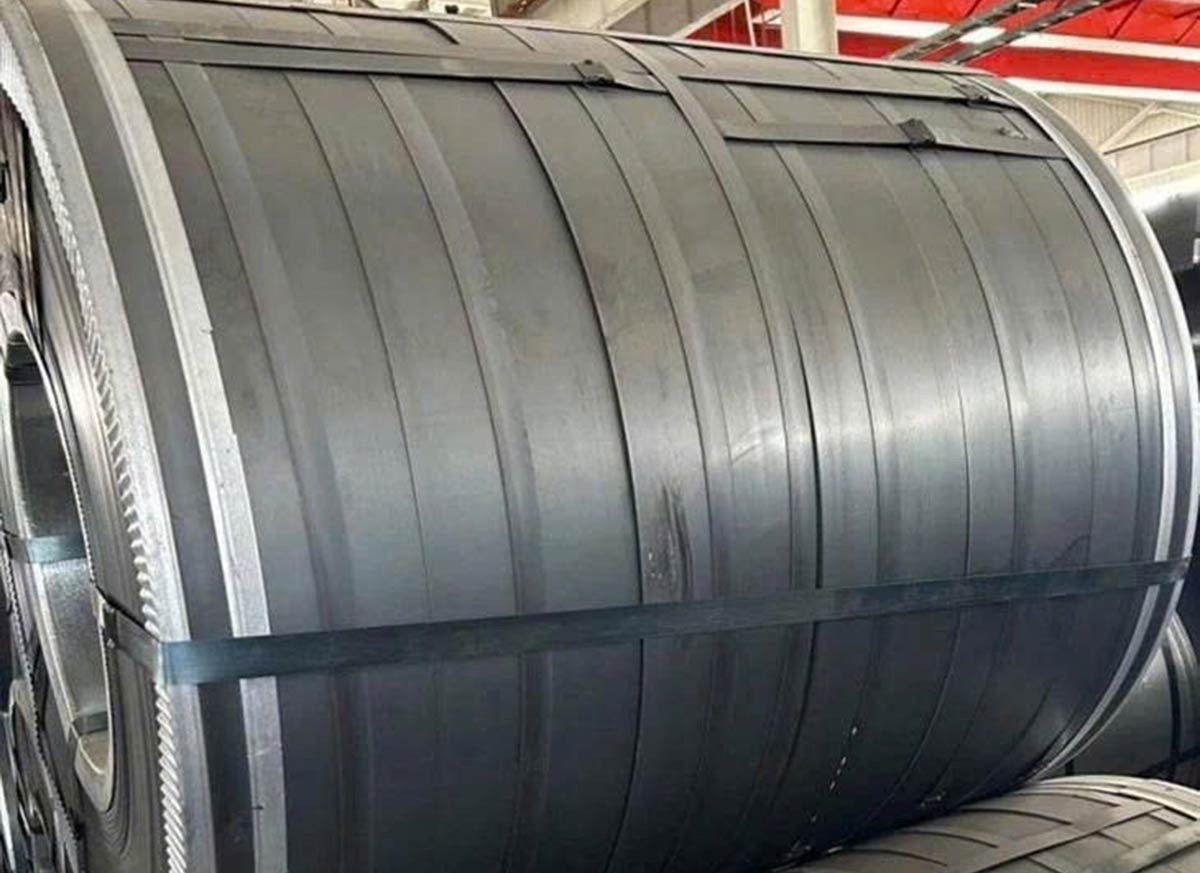
Customs data shows that in the first half of this year, HRC imports with a width of 1,880 mm or more from China to Vietnam surged abnormally.
In June alone, the import volume of this product reached 215,000 tons, a 26-fold increase compared to June 2024 (8,000 tons).
As such, for the first half, HRC imports with a width of 1,880 mm or more from China to Vietnam spiked to nearly 650,000 tons, 15 times higher than the same period last year. Of this, 2,000 mm wide HRC imports accounted for 74 percent of total imports.
The abnormal surge in HRC imports shows signs of evading temporary anti-dumping duties on HRC from China, applied temporarily from February 2025 and officially from July 6, 2025, per the Ministry of Industry and Trade’s (MOIT) decision.
Referring to the currently applied anti-dumping duty rate of 27.83 percent on Chinese HRC and the import volume of HRC with widths of 1,900 mm or more in the past six months, the state budget lost an estimated $90 million (equivalent to VND2,300 billion).
Compared to June 2024, the average import price of wide HRC from China dropped 13 percent to $502 per ton, the lowest in 13 months.
In the first half of 2025, Vietnam imported 4.5 million tons of HRC, a sharp decline from nearly 6 million tons in the same period of 2024. Of this, HRC imports from China amounted to 2.8 million tons, down 36 percent year-on-year.
However, imports of steel with widths of 1,880 mm or more to Vietnam were unusually high.
Concerns
According to businesses, the import of wide-gauge goods has a small difference compared to the goods under investigation, and is not significantly different in nature from the steel subject to tax in terms of technical characteristics, intended use, and distribution channels.
This behavior has violated Articles 73 and 78 of Decree 10/2018/ND-CP as well as the provisions of Decree 86/2025/ND-CP on acts of evading trade defense measures.
This not only undermines the effectiveness of anti-dumping tax policies but also creates a distorted, unfair competitive environment, potentially leading to systemic trade fraud.
More dangerously, this behavior directly impacts domestic manufacturing businesses and causes significant state budget revenue losses.
Since the MOIT’s Trade Remedies Authority initiated the investigation, the trend of shifting to importing 1,880-2,000 mm wide steel from China is growing.
Without timely preventive measures, the trend of importing HRC will not only persist with wider dimensions but may expand to imports of steel over 2,000 mm for use as regular hot-rolled steel, further increasing budget losses.
Responding to VietNamNet, the Trade Remedies Authority stated that the anti-dumping measures on hot-rolled steel were applied after thorough investigation, in compliance with legal regulations and Vietnam’s WTO commitments, based on requests from the domestic manufacturing industry.
According to the authority, these measures do not apply to products wider than 1,880 mm, as they are not yet produced domestically. MOIT has applied temporary anti-dumping measures since March 8, 2025, and issued official measures on July 6, 2025.
“MOIT has proactively collected additional information, reported to the PM, and issued warnings to businesses to strictly comply with legal regulations,” the Trade Remedies Authority stated.
During the official investigation, the Ministry sent supplementary questionnaires to import businesses, requesting additional information on the import, use, and sale of steel products.
The Ministry refined the legal framework, issuing circulars to guide the implementation of Decree 86/2025/ND-CP, dated April 11, 2025, to enforce new trade defense regulations from July 1, 2025.
“Vietnam anticipated the possibility of businesses evading trade defense measures, thus allowing to apply stricter and timelier actions based on business requests and balanced consideration of all stakeholders’ interests,” the Trade Remedies Authority noted.
MOIT has requested the Ministry of Finance (Customs Service) to review, based on legal regulations, and enhance oversight of related shipments.
The Ministry has also provided guidance for the domestic industry to complete dossiers requesting investigations into anti-evasion measures under the new legal provisions, ensuring sufficient grounds for review.
It has also consulted stakeholders, particularly businesses. In practice, while ensuring a fair competitive environment between domestic and foreign steel producers, it is also necessary to manage operations in a way that balances the interests of businesses, especially avoiding harm to domestic manufacturing industries prioritized by the state for development.
Manh Ha